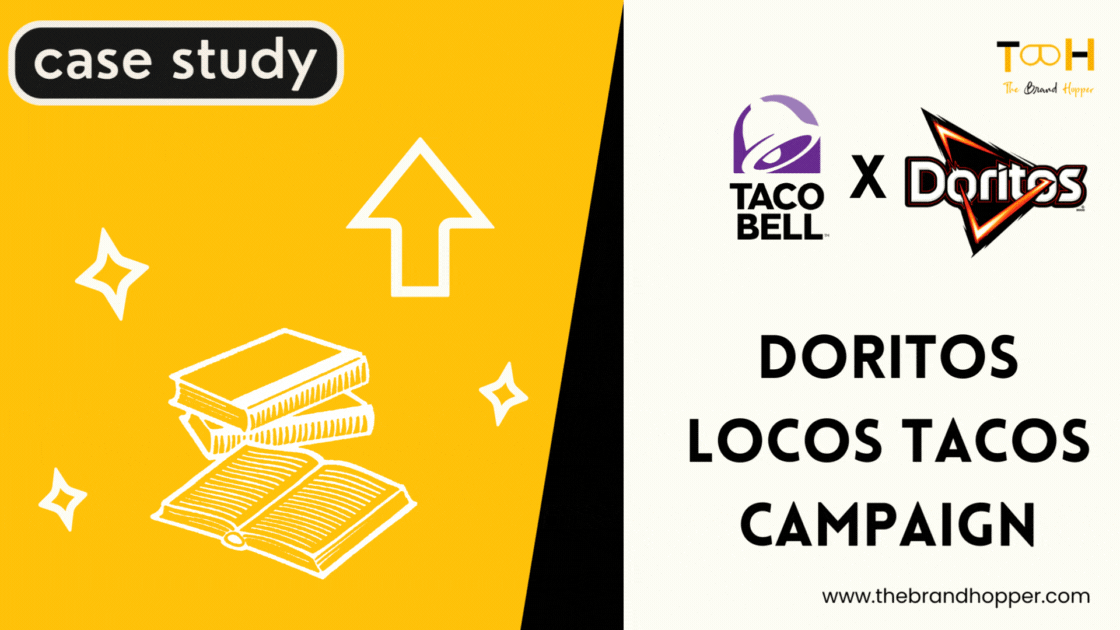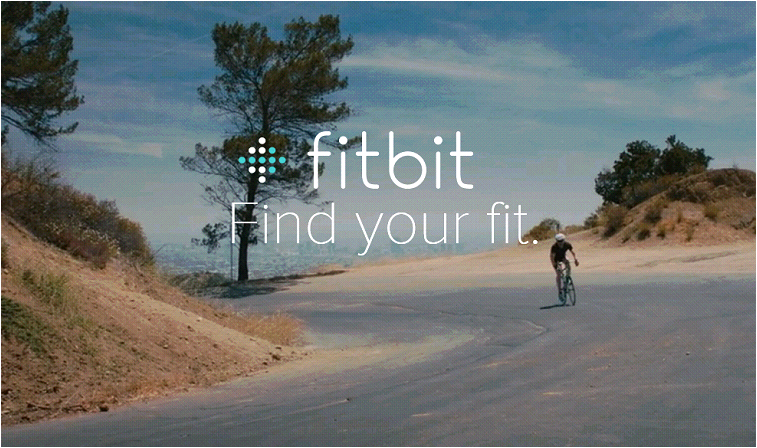One of the classic marketing mistakes occurred in April 1985 when Coca-Cola replaced its flagship cola brand with a new formula. The motivation behind the change was primarily a competitive one. Pepsi-Cola’s “Pepsi Challenge” promotion had posed a strong challenge to Coke’s supremacy over the cola market.
Starting initially just in Texas, the promotion involved advertising and in-store sampling showcasing consumer blind taste tests between Coca-Cola and Pepsi-Cola. Invariably, Pepsi won these tests. Fearful that the promotion, if expanded nationally, could take a big bite out of Coca-Cola’s sales, especially among younger cola drinkers, Coca-Cola felt compelled to act.
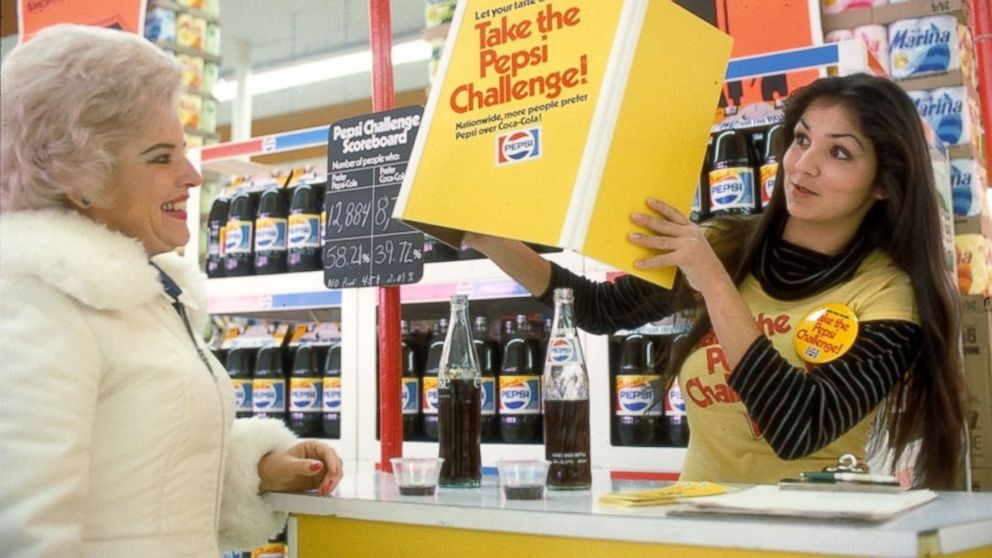
Coca-Cola’s strategy was to change the formulation of Coke to more closely match the slightly sweeter taste of Pepsi. To arrive at a new formulation, Coke conducted taste tests with an astounding number of consumers 190,000! The findings from this research clearly indicated that consumers “overwhelmingly” preferred the taste of the new formulation to the old one. Brimming with confidence, Coca-Cola announced the formulation change with much fanfare.
Consumer reaction was swift but, unfortunately for Coca-Cola, negative. In Seattle, retired real estate investor Gay Mullins founded the “Old Cola Drinkers of America” and set up a hotline for angry consumers. A Beverly Hills wine merchant bought 500 cases of “Vintage Coke” and sold them at a premium. Meanwhile, back at Coca-Cola headquarters, roughly 1,500 calls a day and literally truckloads of mail poured in, virtually all condemning the company’s actions.
Finally, after several months of slumping sales, Coca-Cola announced that the old formulation would return as “Coca-Cola Classic” and join “New” Coke in the marketplace.
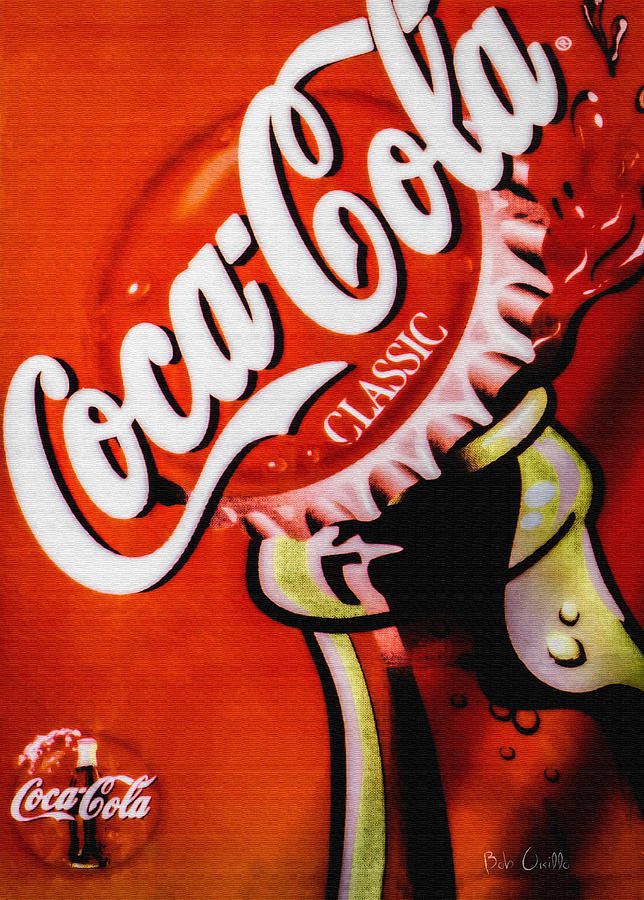
The New Coke debacle taught Coca-Cola a very important, albeit painful and public, lesson about its brand. Coke clearly is not just seen as a beverage or thirst-quenching refreshment by consumers. Rather, it seems to be viewed as more of an American icon, and much of its appeal lies not only in its ingredients but also in what it represents in terms of Americana, nostalgia, and its heritage and relationship with consumers. Coke’s brand image certainly has emotional components, and consumers have a great deal of strong feelings for the brand.
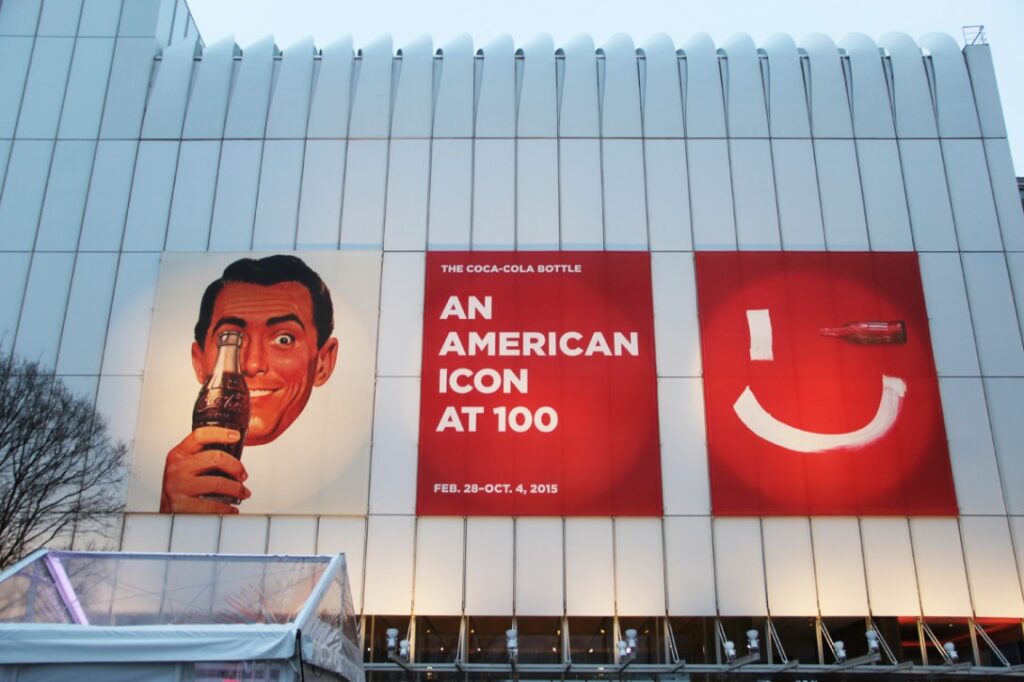
Although Coca-Cola made a number of other mistakes in introducing New Coke (both its advertising and its packaging probably failed to clearly differentiate the brand and communicate its sweeter quality), its biggest slip was losing sight of what the brand meant to consumers in its totality. The psychological response to a brand can be as important as the physiological response to the product. At the same time, American consumers also learned a lesson—just how much the Coke brand really meant to them.
As a result of Coke’s marketing fiasco, it is doubtful that either side will take the other for granted from now on.
Also Read: Old Spice – The Advertisement That Took The Brand By Storm

